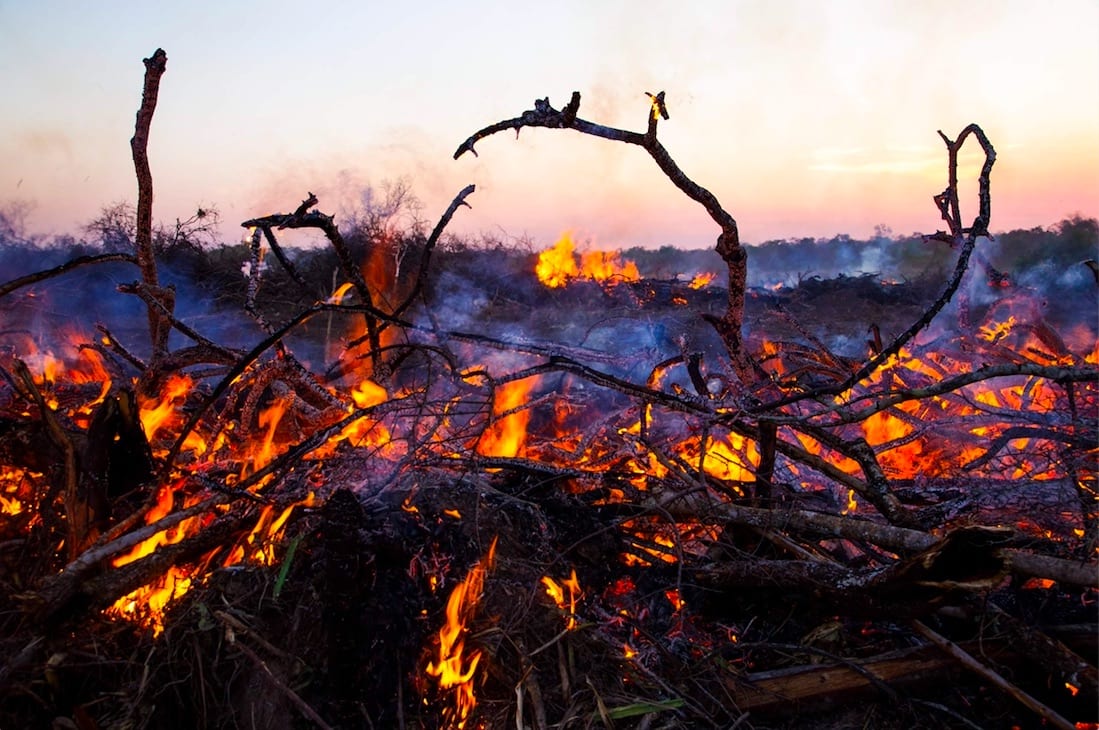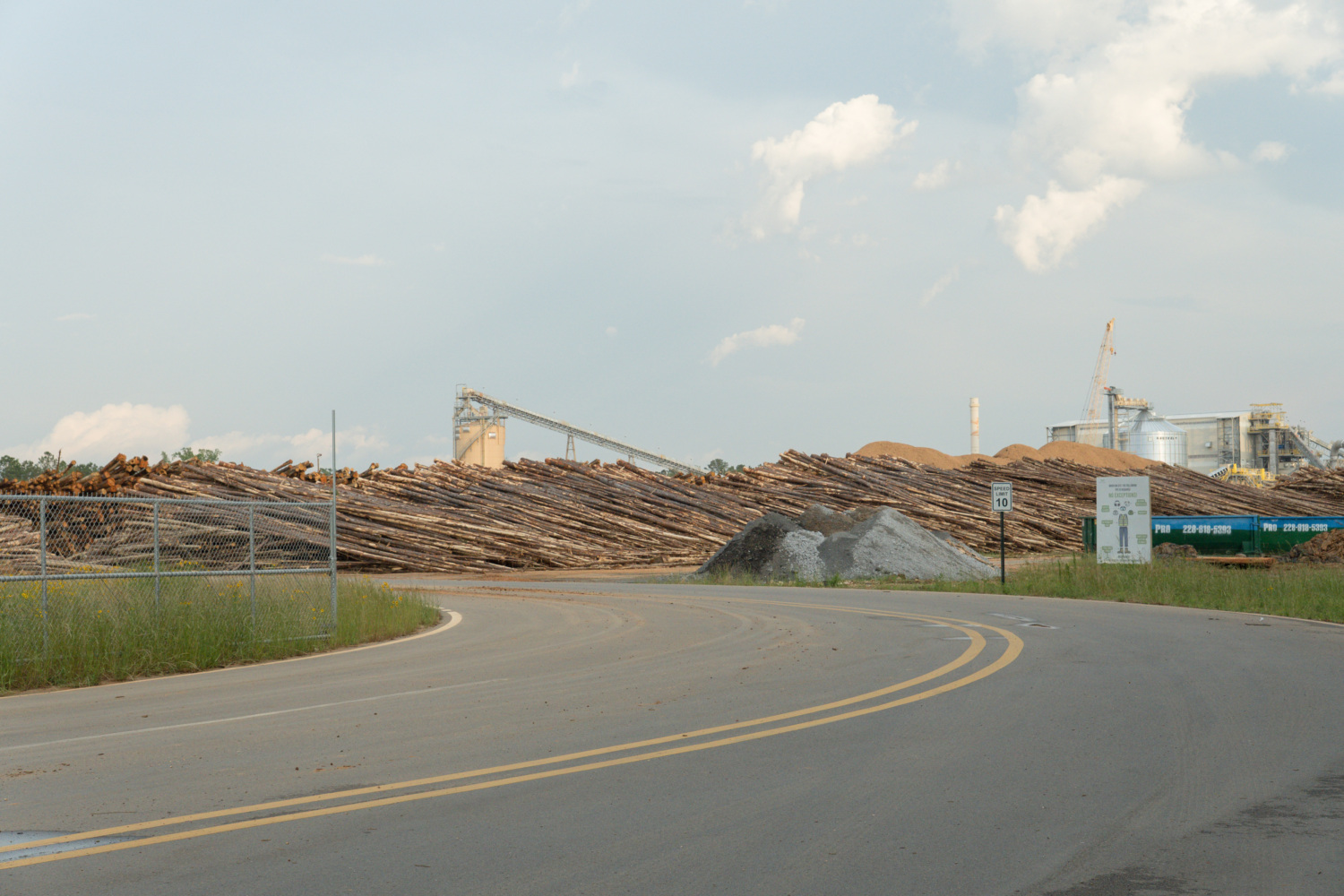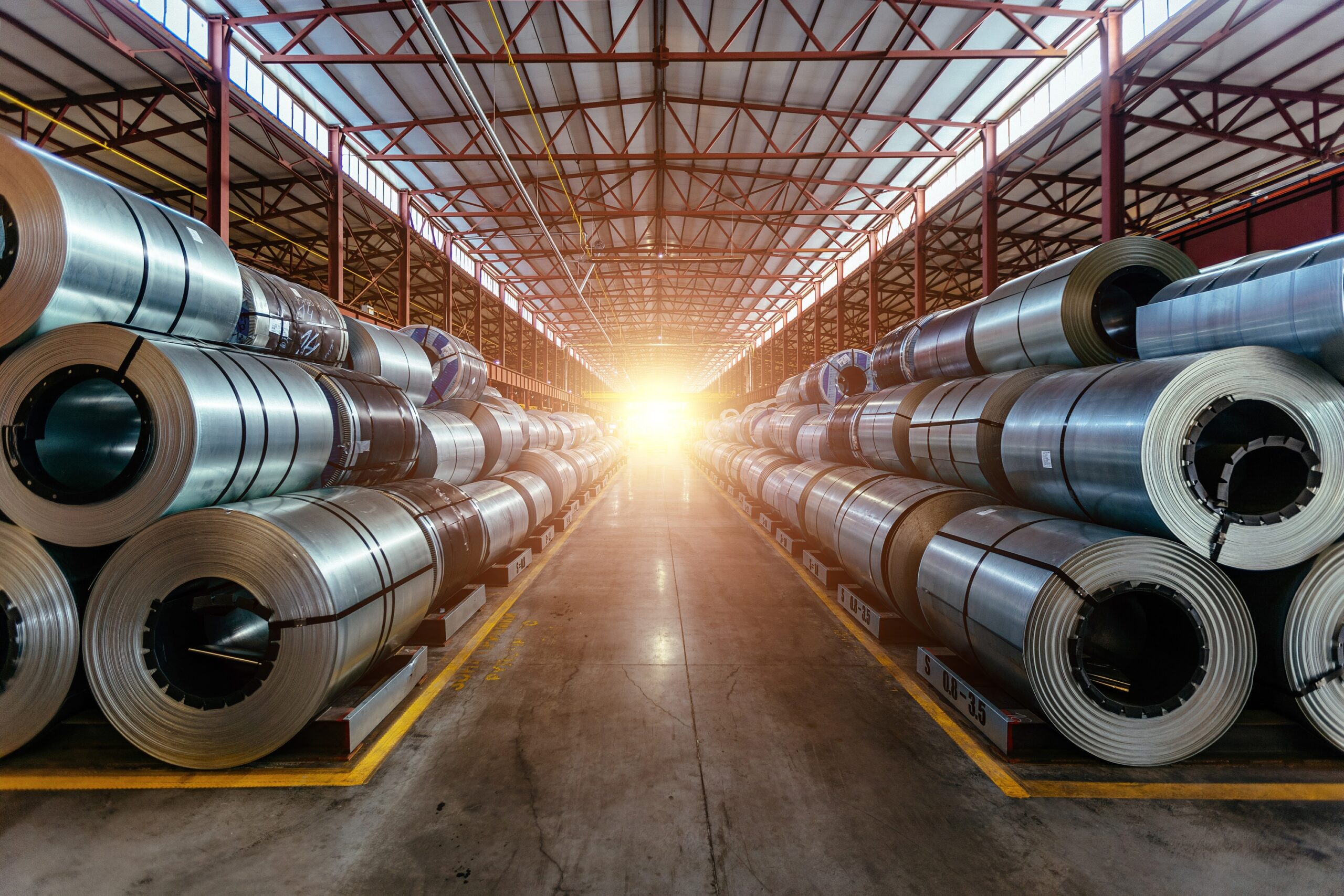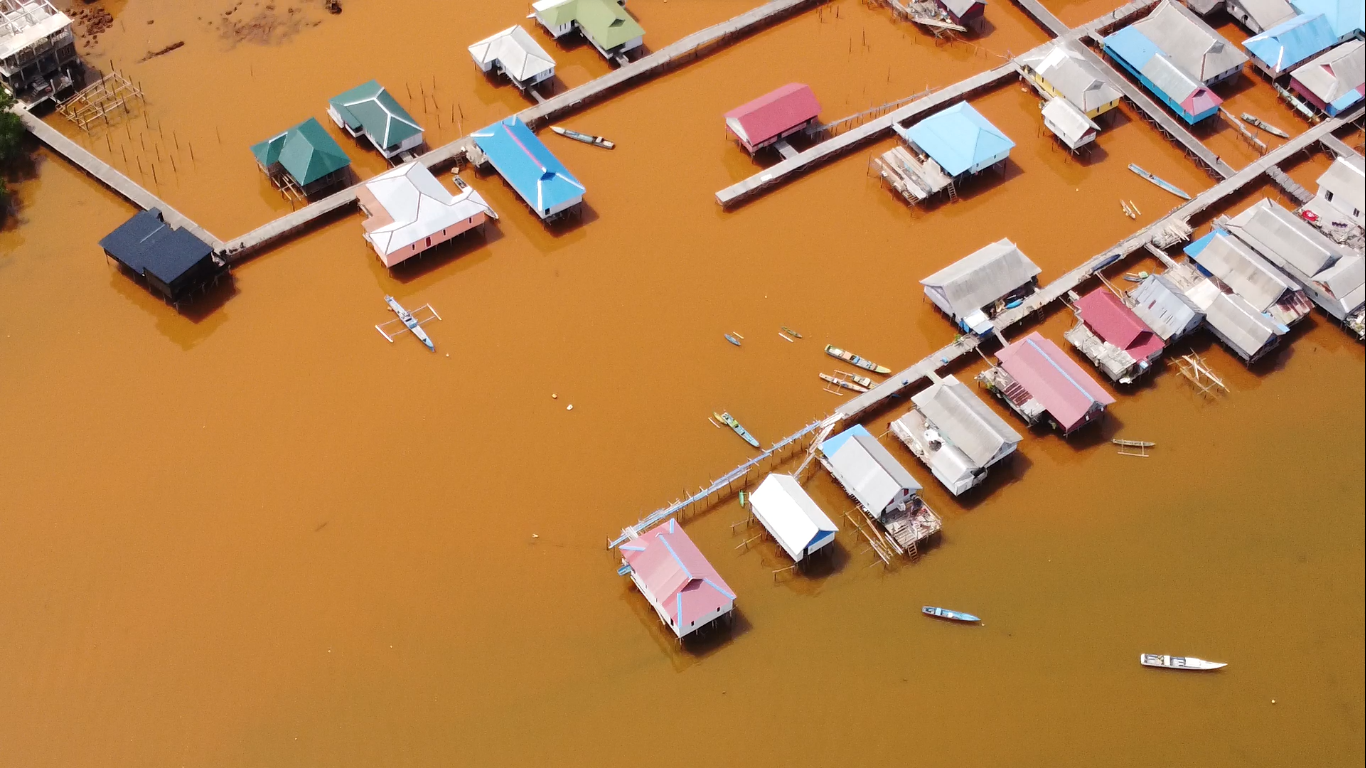
Germany’s Mystery Meat: Despite Grown in Germany marketing, investigation shows large companies selling meat connected to the destruction of Amazon rainforest
Germany’s Mystery Meat: Despite Grown in Germany marketing, investigation shows large companies selling meat connected to the destruction of Amazon rainforest
Europe’s top producer of meat and dairy products imports massive amounts of soy produced through deforestation
May 24, 2017: The animal feed used to raise German livestock is driving deforestation across Latin America, according a new analysis by environmental group Mighty Earth. The investigation found almost 800,000 hectares of deforestation for soy across the Brazilian Cerrado and Bolivian Amazon basin since 2011, which is an area equivalent to clearing the entire Schwartzwald of its trees. The main companies found driving this deforestation are top importers of soy into Germany, where it is sold as the principle ingredient in animal feed.
Germany, a top producer of meat and dairy products in Europe, is a leading importer of soy from South America and a top market for Brazilian soy export specifically. Trade data shows that Germany imported 3.7 million tons of soybeans and 2.9 million tons of soybean meal in 2015. Most of this soy came from Brazil, where deforestation rates are among the highest in Latin America. Agribusiness traders Cargill and Bunge, who were discovered to be primarily responsible for driving deforestation in Latin America, are top soy importers into Germany.
“While top German companies proudly market their meat as locally produced, the reality is that wurst, cheese, and other iconic German products are actually raised on soy driving forest destruction across the world,” said Lucia von Reusner, Germany Director for Mighty Earth. “As a top market for the soy produced in Latin America, respected German companies like Edeka, Lidl, Aldi, and Metro have a key role to play in making sure suppliers like Cargill and Bunge are not destroying forests in threatened ecosystems.
In response to concerns from customers and investors in recent years, Cargill and Bunge adopted policies not to source from deforested areas. However, satellite analysis in our report reveals that these policies are not being implemented on the ground. The results of this investigation have prompted consumer companies from around the world to call for stronger forest protections in Latin America. Calls for a moratorium on further deforestation have come from several of the world’s largest food companies including Unilever, Tesco, McDonald’s, Carrefour, Kellogg’s, Marks & Spencer, Sainsbury’s, Mars Petcare, Ahold, Dunkin’ Brands, Nestle, ADM, Louis Dreyfus, and Wilmar, as well as investors representing over half a trillion dollars in assets under management.
“Some of the world’s largest meat and dairy sellers are pressuring Cargill and Bunge to stop their deforestation immediately,” said von Reusner. “It’s time for German meat companies like Toennies, Vion, and PHW-Gruppe to do their part. We are calling on German companies that buy and sell meat to take a stronger leadership role and join the growing number of global consumer companies in calling for an end to this environmental destruction.”
According to World Resources Institute, there are approximately 500 million acres of previously deforested and degraded land across Latin America and agriculture can be expanded on much of this land without sacrificing intact forests. In the Brazilian Amazon, companies like Cargill, Bunge, ADM, Louis Dreyfus and others have been able to expand soy production by more than six million acres without sacrificing forests by agreeing not to buy soy that has been produced through deforestation. Mighty Earth, along with the Brazilian government and dozens of consumer companies around the world, want to expand this model to the entire continent. Cargill and Bunge have so far refused to take action.
An updated analysis released last week revealed that deforestation has continued at a rapid pace on these same sites in Latin America since Mighty’s initial investigation. In just this small sample of South America’s soy belt, Mighty Earth found a total of 60 square kilometers of new clearance (equivalent to approximately 10,000 football fields) on the farms it visited in September 2016, as well as 120 square kilometers of planned clearance—land that has been prepared to be bulldozed. As major consumers of South American soy, German companies have enormous influence in the soy industry and must call for an end to deforestation before it is too late.
About Mighty Earth
Mighty Earth is a global environmental campaign organization that works to protect forests, conserve oceans, and address climate change. We work in Southeast Asia, Latin America, Africa, and North America to drive large-scale action towards environmentally responsible agriculture that protects native ecosystems, wildlife, and water, and respects local community rights. Mighty Earth’s global team has played a decisive role in persuading the world’s largest food and agriculture companies to dramatically improve their environmental and social policies and practices. More information on Mighty Earth can be found at https://mightyearth.org/.


